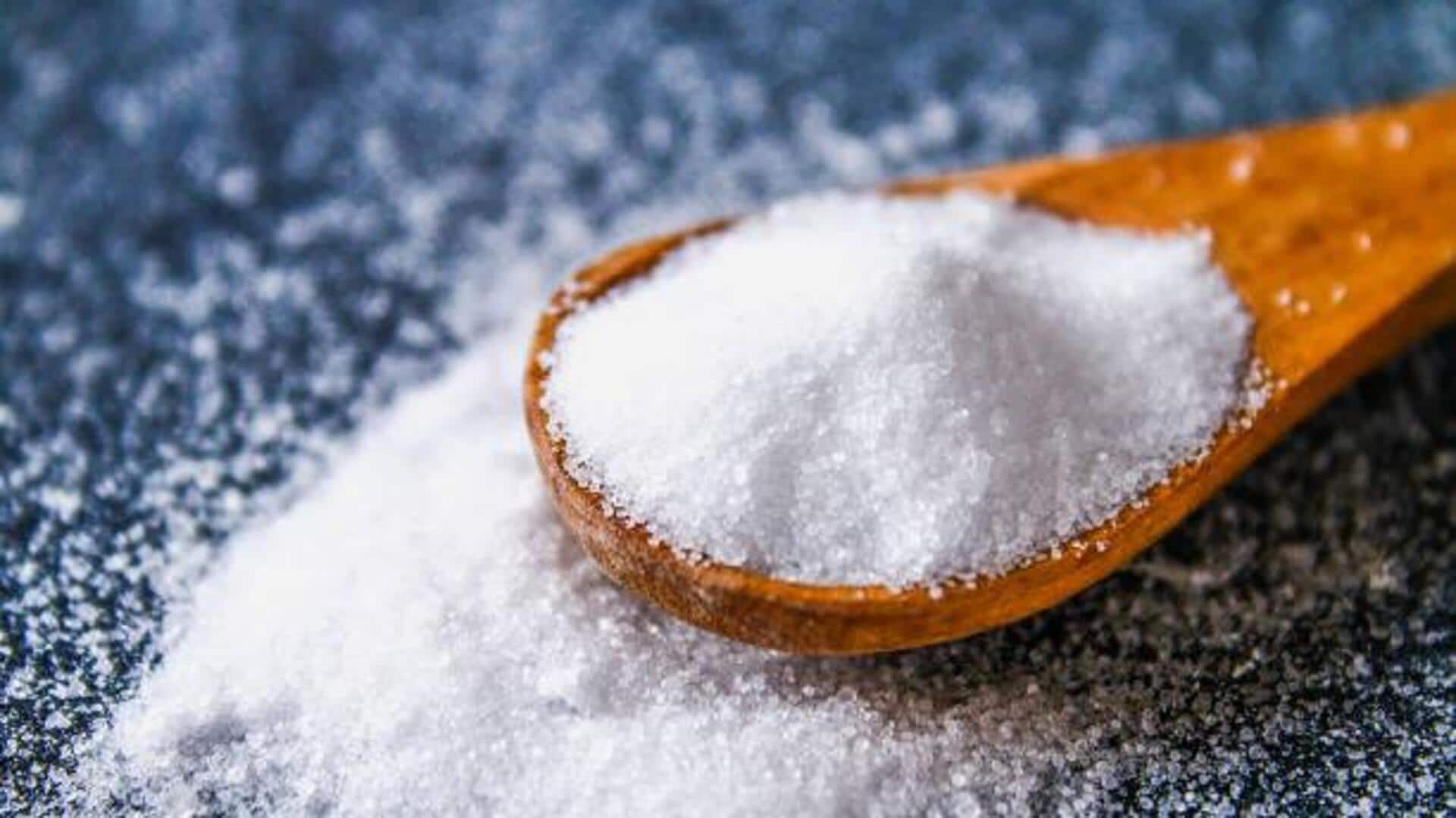
Salt cravings and sodium deficiency: What to know
What's the story
We all have cravings for salt, but that doesn't mean our body is deficient in sodium. These cravings can be attributed to a number of reasons, from dietary habits to psychological factors. Knowing the difference between real deficiency and mere craving can help you make better dietary choices. Here's how you can differentiate between the two and what you can do about it.
#1
Understand your body's needs
Sodium is an essential mineral that helps regulate blood pressure and volume. However, most people get enough sodium through their diet without needing extra salt. The recommended daily intake for adults is about 2,300 milligrams. If you're consuming a balanced diet with fruits, vegetables, and whole grains, chances are you're meeting your body's needs without extra salt.
#2
Psychological factors at play
Sometimes, salt cravings can be psychological rather than physiological. Stress or boredom can trigger a desire for salty snacks as a form of comfort or distraction. Being mindful of your eating habits during stressful times can help you recognize when cravings are more about emotional needs than nutritional ones.
#3
Dietary habits influence cravings
Your regular diet also plays a role in salt cravings. If you eat a lot of processed foods, which are high in sodium, your taste buds may get used to that level of saltiness. This could lead you to crave more salt even when your body doesn't need it. Reducing processed foods and opting for fresh ingredients can help reset your palate.
#4
Monitor hydration levels
Dehydration may also cause you to crave salt, as your body tries to retain water by increasing sodium levels. Drinking enough water throughout the day ensures that you stay hydrated and may reduce unnecessary salt cravings. Keeping track of your fluid intake is especially important during hot weather or after vigorous exercise when you lose more fluids.